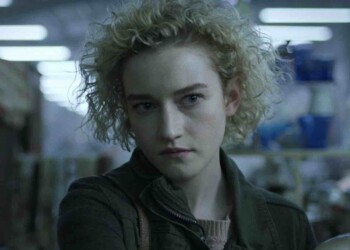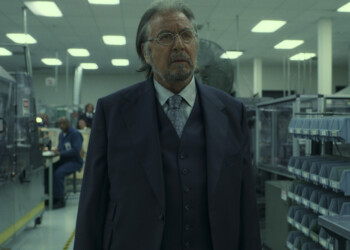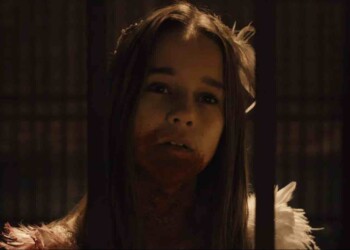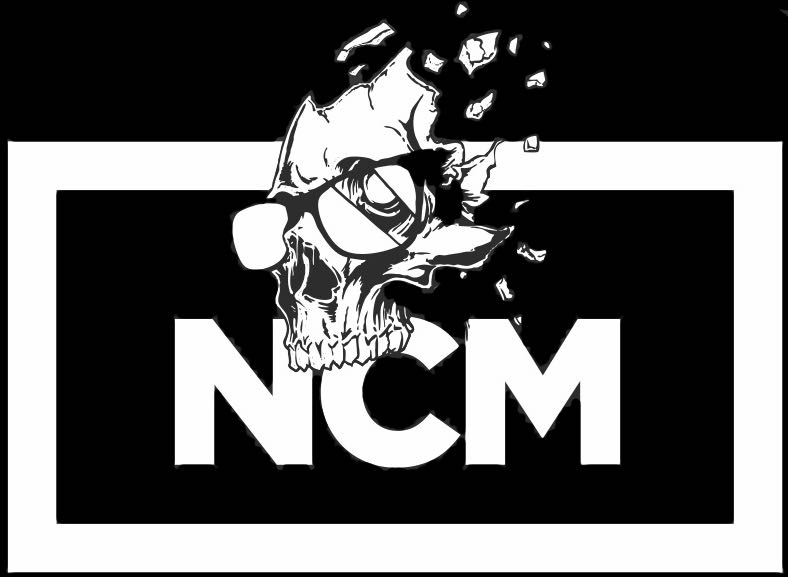
The movie industry is broad and diverse, with several career opportunities. And jobs there often vary from those that require creative aptitude to those that require technical expertise, such as set building or marketing. So if you are considering a career in the movie industry, many options are available. In this article, we will explore careers in the movie industry to help you decide which one suits you best.
Film Director
The film director’s role, which involves managing and organizing all production areas, is among the most sought-after in the movie industry. They are essential to the outcome of any film. The director’s role also includes managing the budget, meeting with all key stakeholders throughout pre-, during-, and post-production, and clearly and succinctly conveying the vision for the film.
As a film director, you must be able to communicate successfully with people, give fair but firm orders, perform well under pressure, and handle several activities simultaneously. Working experience will help broaden your professional network while honing your filmmaking skills. Formal training in film production may help you comprehend the production process, but only on-the-job training can help you develop your directing skills.
Director of Photography
The cinematographer (sometimes known as the director of photography) collaborates closely with the filmmaker to realize the director’s vision on screen. They are an integral component of any film set, in charge of supervising the camera and lighting teams, making technical and aesthetic choices, and reviewing footage during post-production.
It is necessary to understand cameras and lighting and what will and will not work for certain productions. It would be best to be detail-oriented, fast to draw logical conclusions, and receptive to providing and receiving directions as a director of photography. Although you will supervise film crews, depending on the director’s goals, you may not have much say in how a scene is shot. Before you can advance to this level, you will need to start as a runner or camera assistant to learn the basics of the role.
Film Producer
As a film producer, you will be in control of the whole creative process of a film, from the basic idea to the final edit. As you make creative and technical choices regarding shooting, budgeting, and editing, you will be in continuous touch with the director. A great aptitude for mathematics, remarkable leadership abilities, and the capacity to make solid judgments under pressure are all required to guarantee the production process’s seamless operation.
To succeed as a film producer, you must be enthusiastic, creative, and fast to embrace chances to gain expertise and network. You may need to start as a runner or a programming researcher to get your foot in the door.
Film Editor
When working with raw footage, film editors collaborate closely with directors throughout the post-production editing process to ensure their work is consistent with the director’s vision for the finished film. The “invisible” parts of a film, such as humorous timing, pace, and tension, are often the result of meticulous editing, and they are often what lift a movie from excellent to spectacular. The editing task may require rearranging the scenes or eliminating some parts of the film.
As a film editor, you must have years of experience editing television and low-budget films. After you have mastered short films, you may go on to big films. Starting as a runner, trainee, or second assistant and reaching the position of a first assistant before breaking out as an editor is one way to get into the profession.
Lighting Technician
In every film, good lighting is critical for establishing the correct tone. A lighting technician contributes technical understanding, physical stamina for carrying heavy lighting equipment, and artistic flair to the production process.
Most film industry lighting technicians are licensed electricians, while others may have additional training in lighting technology or design. The only thing that counts is that you have prior experience in the field before starting a career in it. Working as a technician, helping on school film projects, or shadowing a working professional are all excellent opportunities to get industry experience.
Location Manager
A location manager’s primary responsibilities include investigating suitable filming locations, obtaining permission to utilize such locations, and maintaining access for the production crew. As a location manager, you must properly manage the actors and crew on site to accomplish the production within the time and financial constraints.
Location managers often have good organizational abilities, are innovative problem solvers, and operate well under pressure. Although a degree in production or media is not required, having one may increase your prospects.
Sound Technician
A sound professional works with producers to satisfy their sound needs and manage the recording process, or in post-production, where they synchronize audio with visual data and build and edit sound effects. In any case, the sound technician guarantees that the sound quality meets the producers’ expectations.
A formal degree is optional to work as a sound technician in the movie industry. However, you will require a solid grasp of the work’s technical components, tools, and procedures; hence, a related HND or degree is recommended.
Program Researcher
As a program researcher on a film, you will be responsible for factual and visual research to assist the film’s producers, director, and writers in ensuring the film’s portrayals are correct. You will be obligated to get copyright permission to use musical and literary material in the production and conduct research via the Internet, cinema archives, and museum collections. While all college graduates have access to this career, those with relevant degrees will have an advantage.
Hair and Make-Up Artists
Hair and makeup on actors must appropriately match the period, region, and character age presented in a film. This is an important part of any film’s aesthetic appeal. To succeed in this profession, you must be detail-oriented and thoroughly grasp the hair and makeup business. Hairstyling training and technical proficiency in media makeup are also required. Furthermore, gaining professional experience whenever possible, whether on a film set or at a salon or theater, is advantageous.
Conclusion
You are undoubtedly more familiar with the many careers in the movie industry. On the other hand, choosing a career is a decision that requires careful planning. You can start by searching the profiles of professionals involved in the production process on Leadar, then learn about their competencies and career achievements. This will help you research your options in the movie industry and decide on a role that matches your talents. The main thing is to understand yourself, your strengths and interests, and show patience and perseverance in finding your perfect role.







